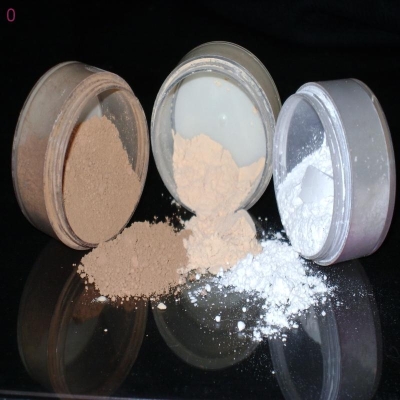Drunk everyone from "high": a taste of beer can produce pleasure
-
Last Update: 2021-02-05
-
Source: Internet
-
Author: User
Search more information of high quality chemicals, good prices and reliable suppliers, visit
www.echemi.com
at Indiana University School of Medicine found that when you're not drunk, the taste of beer can trigger the release of dopamine in the brain. Dopamine is a neurotransmitter of the brain, which involves many functions such as mood, memory and sleep, and is closely related to drug addiction and alcoholism in previous studies. The study, published yesterday in the journal Neuropsychopharmacology, is the first time scientists have observed dopamine release when alcohol is not as drunk.experiment, the researchers performed two positron emission tom tom, PET, which can be used to observe the metabolism of substances in the brain, on 49 men. One scan was after a beer tasting and the other after a sports drink. After tasting the beer, the participants did not have a drunken reaction. They consumed only a small amount of their favorite brand of beer (15 ml), which allowed them to taste the beer without detecting alcohol levels in their blood.PET scans showed that dopamine levels were significantly higher after beer tasting than after tasting the same amount of sports drinks. The difference was even greater in subjects with a family history of alcoholism. In addition to physiological changes, participants verbally reported their desire to continue drinking after tasting beer, which was not the same after eating sports drinks. This is consistent with the fact that alcoholics are prone to relapse after receiving sensory cues, including the taste, smell, and even the barrel of alcohol.Neuroscientist David A. Kareken, one of the study's authors, said participants with a family history of alcohol abuse showed greater differences in dopamine levels, suggesting that dopamine releases from alcohol-related cues may be partly genetic and that such people are at greater risk of future alcohol abuse.
This article is an English version of an article which is originally in the Chinese language on echemi.com and is provided for information purposes only.
This website makes no representation or warranty of any kind, either expressed or implied, as to the accuracy, completeness ownership or reliability of
the article or any translations thereof. If you have any concerns or complaints relating to the article, please send an email, providing a detailed
description of the concern or complaint, to
service@echemi.com. A staff member will contact you within 5 working days. Once verified, infringing content
will be removed immediately.







